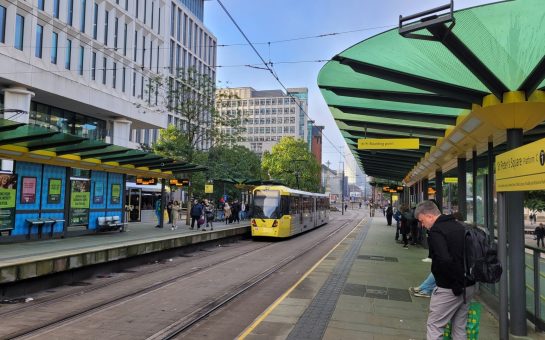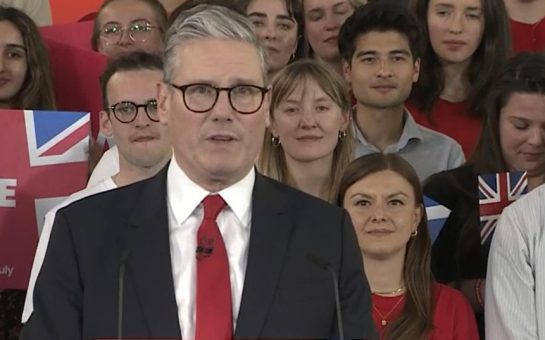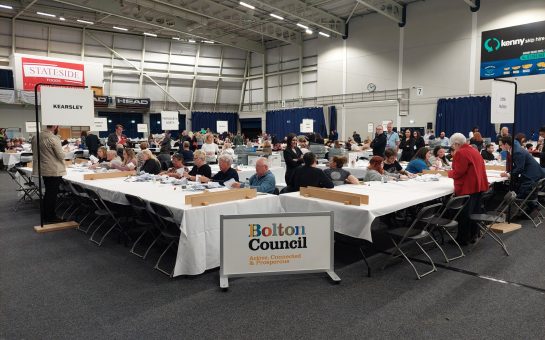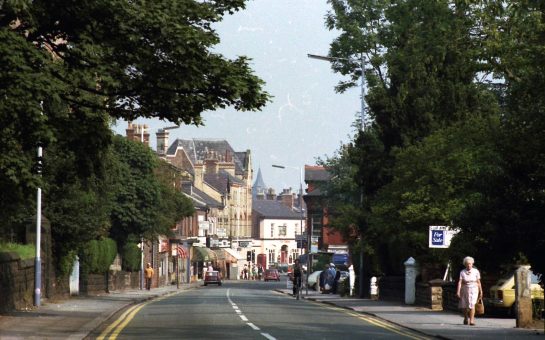We are now two weeks on from Health Secretary Matt Hancock’s announcement, over Twitter, which stated that the whole Greater Manchester region would be placed into a local lockdown.
Unlike the measures enforced on Leicester, this second lockdown was deemed to be looser with its restrictions.
Cafes, shops, bars, and restaurants have all been allowed to remain open however people outside of each other’s support bubbles are banned from visiting other houses, including private gardens.
With hindsight these rules have become clearer to understand but evidence shows that in the early stages of the new restrictions – arguably the most important stage for clarity – people were still confused.
According to the Deputy Chair Political of the Manchester Young Conservatives, William Watermeyer, the late night change of direction was a necessary step in order to keep the people of Greater Manchester safe.
He said: “I think that this was required to react to the outbreak.
“If they (the Government) were to have left the announcement until later to give people time to adapt this would only have led to more cases and likely more deaths.
“Twitter, although informal, does prove a useful tool for announcements as it is far-reaching, and millions of people can be notified in an instant.
“A clear message is always key. Mixed messages can be damaging for the effectiveness of the lockdown, but I think the Government has been fairly clear about what people must do.”
Albeit Twitter is a platform used by many in the Greater Manchester region many begged the question why the government did not use a media briefing to outline this second lockdown.
On the 23rd June, the UK Government announced they would be ending the daily Coronavirus briefings as lockdown restrictions continued to be eased but a spokesperson for the Government clarified that “we’ll continue to hold press conferences to coincide with significant announcements.”
Arguably the news of a second lockdown should have been deemed noteworthy enough for a press conference on national television, which in turn would have spread the announcement to more people.
However, the decision to alert the public via social media has added fuel to the calls of a double standard approach between the North and the South throughout the pandemic.
Evidence of a country divided in its approach to tackling Coronavirus can be found when we look at the education sector.
When schools were allowed to reopen across the country, 61% of primary schools in the North remained close to all but key workers in comparison to just 24% in the South.
This imbalance was highlighted by Manchester Council’s Liberal Democrats leader, John Leech.
He said: “The second lockdown in Greater Manchester was a gross oversimplification for an area that spans ten boroughs.
“The messaging was unclear and messy, leaving local people confused and unsure of how to keep themselves, friends and family, safe.
“Their confusing guidelines and the challenges social-distancing presented, along with a slashed budget and stretched workforce, hit the North hardest, but the Government refused to recognise that no two schools are alike.
“So when the second lockdown hit, it was just pure confusion: no notice, no explanation, no plans, and nothing to help businesses, parents, teachers or the elderly.
“I do often wonder whether they would lock down the whole of London in the same way they did Greater Manchester.”
Now that Greater Manchester is in lockdown the concern lies with how to ensure residents stick to the new rules.
Sadly, due to the feeling of ‘one rule for one and another for others’ – exemplified by the Government’s decision not to sack the Chief Advisor to the Prime Minister after he flaunted the lockdown rules, it appears people in Greater Manchester are carrying on as normal.
Over the first weekend of the second lockdown (31st July to 2nd August) there was 883 reports to Greater Manchester Police relating to the pandemic with 754 of these being reports of house parties.
This is up a staggering 1614% from the previous weekend.
It is unsurprising though that people carried on as normal when the British Transport Police Federation released data earlier this week which states that although nearly 30,000 people, across the country, were stopped for not wearing face coverings only 33 were fined.
The problem therefore is less about residents in Greater Manchester feeling that the new sanctions are unjust but perhaps they feel that there are no consequences to breaking the lockdown.
As Detective Chief Constable of Greater Manchester Police, Ian Pilling is quick to point out though, authorities in the area will clamp down on those breaking the rules.
He said: “We completely understand that the news of these latest restrictions is hugely disheartening for many of us across the region.
“However, we will not stand-by and allow blatant breaches of the legislation to happen across our communities.
“We will of course engage with the public and explain the new legislation and encourage people to take personal responsibility for their own safety and that of others.
“If, however, people continue to flout the regulations and demonstrate a blatant disregard for the health warnings, this is an offence and we will take action.”



